Gardening Smarter with Badgers About
Badgers are fascinating nocturnal visitors to gardens and allotments, but their digging habits can sometimes cause frustration. Their activity is seasonal, peaking in autumn as they search for chafer grubs under lawns, and again in spring when they have cubs to feed. Understanding these patterns and learning how to manage their visits can help you protect your plot while enjoying the presence of these iconic mammals.
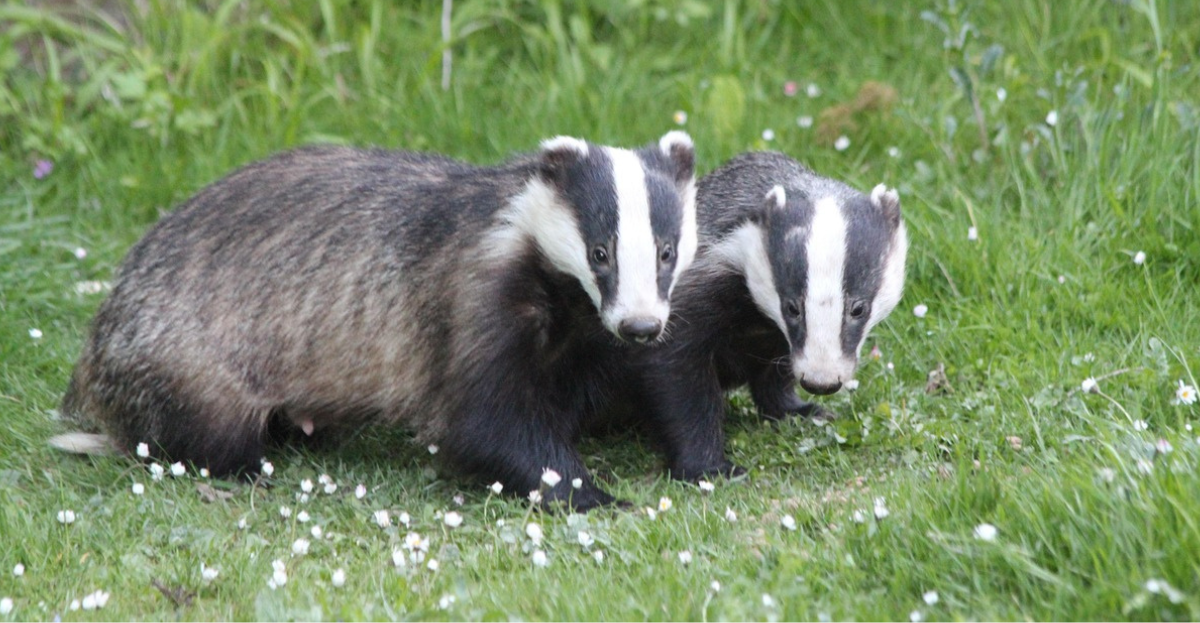
Understanding Badgers
The European badger (Meles meles) is the UK’s largest land predator. They are omnivorous, with about
80% of their diet is made up of earthworms, but they also eat:
- Bulbs, vegetables, fruit, and crops like sweetcorn
- Small animals, including rabbits, mice, rats, frogs, and hedgehogs
- Insect larvae such as chafer grubs (especially under lawns from autumn to spring)
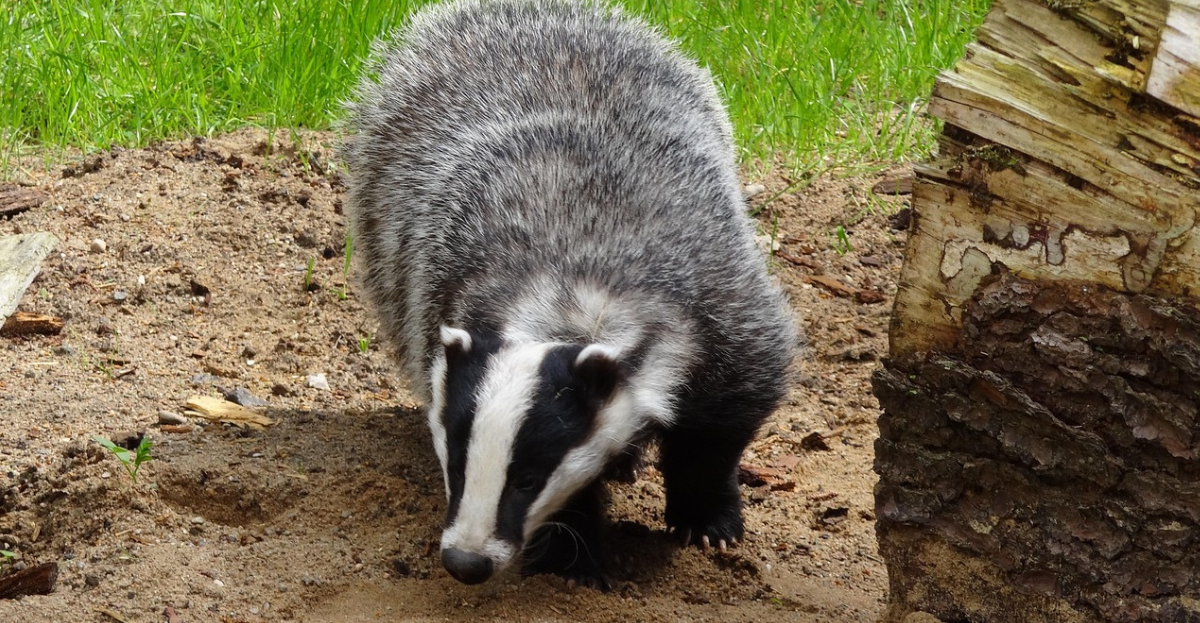
Signs of Badger Activity
Badgers are mostly nocturnal, leaving subtle evidence:
- Snuffle holes: Small pits in lawns for earthworms or grubs
- Tracks: Five-toed footprints with claws, 4.5–6.5 cm wide
- Hairs: Black-and-white hairs caught on fences or vegetation
- Scratches: On trees or rocks near setts
- Latrines: Shallow pits used to mark territory
- Runs and push-throughs: Flattened grass or snagged hair along paths
- Setts: D-shaped entrances with freshly dug soil around them
Badger setts are D-shaped; rabbit burrows are round. Trail cameras can help confirm activity.

Badgers and Chafer Grubs
From autumn to spring, badgers dig for chafer grubs beneath lawns. If grub numbers are high, lawns may need repair in spring after badger activity decreases. Healthy, well-drained lawns with few grubs reduce the incentive for digging. Nematodes can also help control larvae naturally.
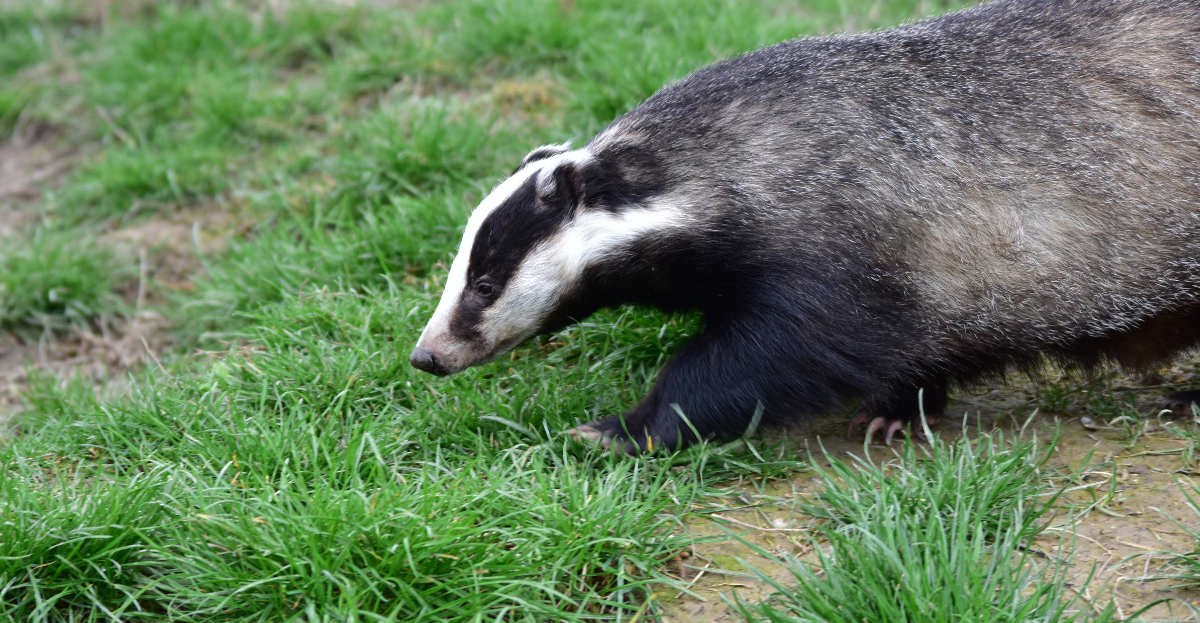
Badgers and the Law
Badgers in the UK are strictly protected under the Protection of Badgers Act 1992, which makes it a criminal offence to harm, kill, or take a badger, as well as to interfere with their setts (the underground burrows where they live). This includes blocking, damaging, or disturbing a sett—even accidentally. Because of this legal protection, it is not possible to trap, relocate, or harm badgers if they are causing problems on an allotment or in a garden. Any measures taken must be non-lethal and humane, focusing on deterrence and prevention rather than removal. If a sett is found on or near an allotment, specialist advice should always be sought from a local badger group or Natural England before taking any action.
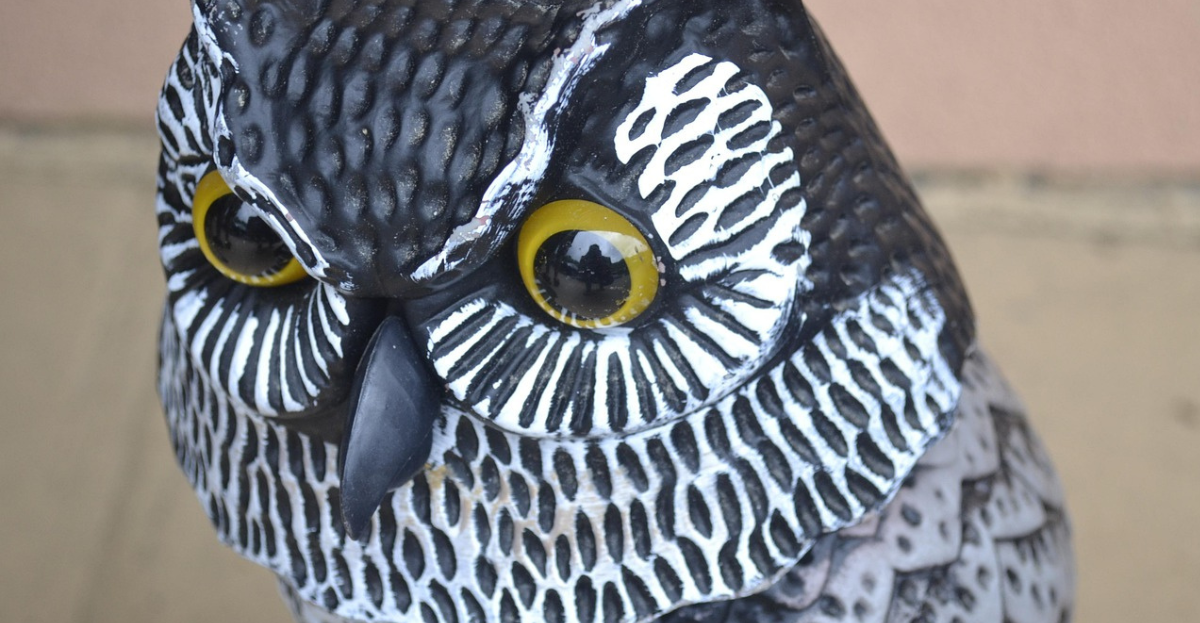
How to Deter Badgers Without Harm
Badgers are protected under UK law, so lethal or harmful methods are illegal. Here are six safe ways to reduce damage:
Wire Mesh / Chicken Wire
Lay over vegetable beds or flower patches to deter digging. Plants can grow through gaps, keeping your garden productive.
Natural Scents
Use citronella or scotch bonnet pepper sprays around the garden. Reapply after rain and wear gloves when handling.
Predator Scents
Lion-scented pellets or diluted human urine can discourage visits by creating the illusion of a predator.
Electronic Devices
Ultrasonic deterrents emit high-frequency sounds uncomfortable for badgers but inaudible to humans.
Fake Predators
Lifelike models, such as owls, can deter badgers by triggering their natural caution.
Motion-Sensor Lights
Sudden illumination can startle badgers, discouraging repeat visits.
Additional tips:
- Keep waste tidy and secure; don’t leave pet food outside overnight.
- Maintain healthy, well-drained lawns to reduce grub populations.
- Repair damage in spring when badger activity is lower.
- Install a two-way badger gate if badgers regularly push through fences.

Dead Badgers
If you find a dead badger:
Do not touch or move the animal. Badgers can carry diseases such as bovine tuberculosis (bTB), which can pose risks to humans and pets. Keep people and dogs away and make a note of the exact location, using landmarks or What3Words if possible.
If the badger is in a public area, report it to your local council so it can be removed safely:
👉Find your local council here: Find your local council - GOV.UK
If you’re in an area affected by bovine TB, the Animal and Plant Health Agency (APHA) may wish to collect the carcass for testing: Report a dead or injured animal - GOV.UK
If you find an injured or sick badger: Do not approach or touch it – badgers can bite when frightened or in pain. Note the location using landmarks or What3Words. Call for help:
Your local badger group: Get Involved with a badger group near you | Badger Trust
A local wildlife rescue centre
The RSPCA (24-hour helpline): 0300 1234 999
Stay nearby at a safe distance to monitor the situation, but don’t block the badger’s escape route. Never try to move the badger yourself – follow the advice of trained rescuers.

Living with Badgers
Despite occasional damage, badgers indicate a healthy ecosystem. They control pests, aerate soil, and observing them can be a rewarding experience. Avoid feeding them regularly to prevent dependency, but in extreme weather, small amounts of peanuts or water can be offered carefully.
Health note:
Badgers can carry bovine tuberculosis (TB). Follow guidance if keeping livestock near active badger territories.
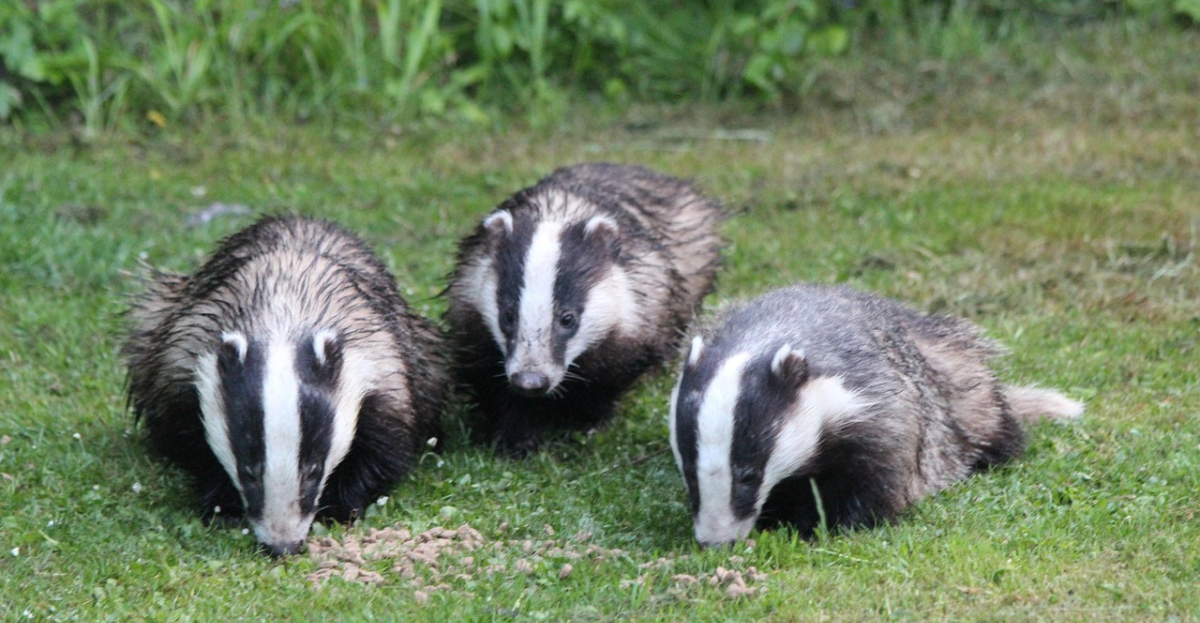
Conclusion
Badgers and allotments can coexist with understanding, patience, and a few simple strategies. By identifying signs, protecting vulnerable areas, and using humane deterrents, you can enjoy the presence of these remarkable nocturnal visitors while keeping your plot productive.
Become a National Allotment Society member and help to preserve and protect allotments for future generations.
You'll also gain a range of benefits, including free liability insurance, initial legal support, expert advice and much more.
